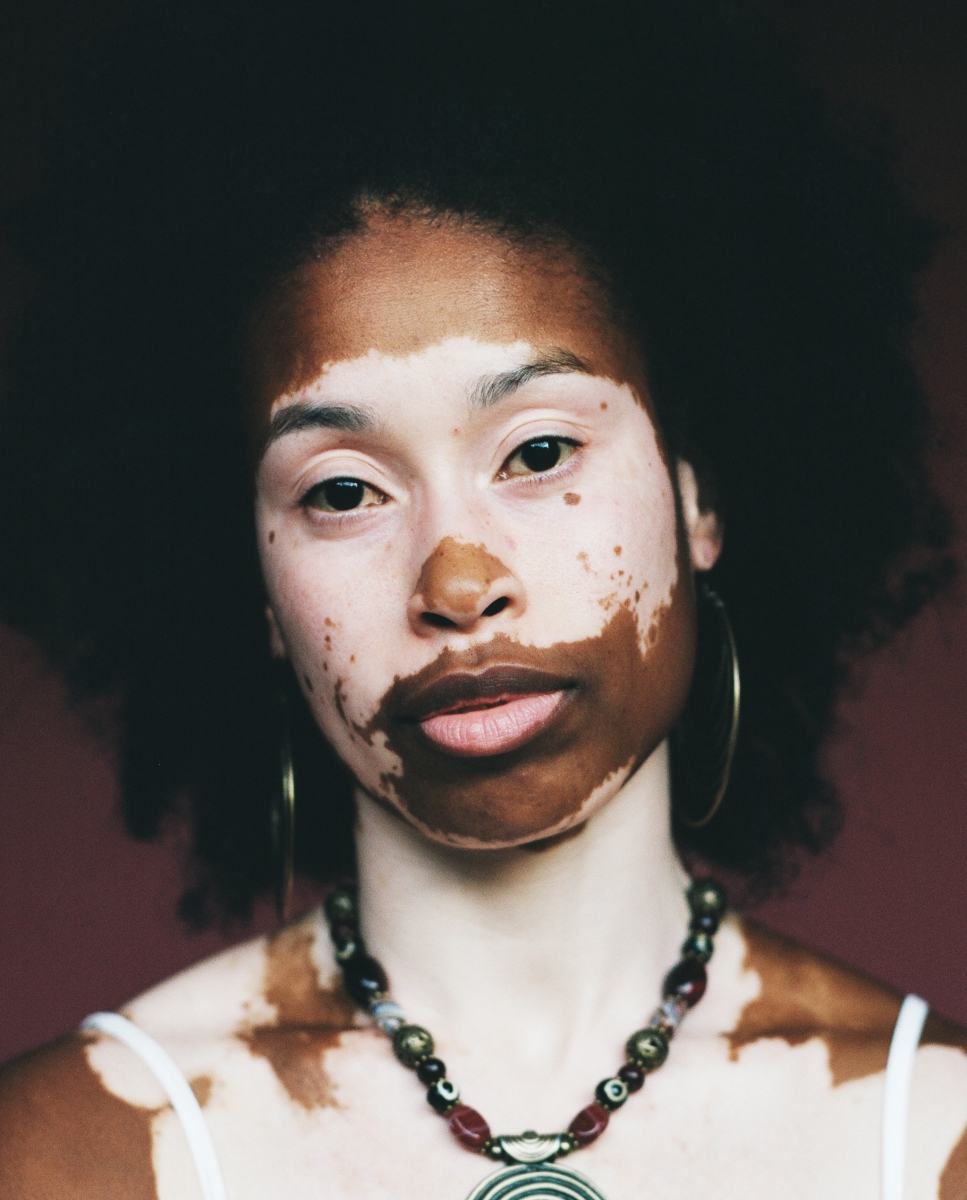Former ballet dancer Camila Falquez was drawn to the creation of photographic narratives as its nature can sometimes be seen as a sort of interpretive dance. A frozen image of the movement of the human body within a photographic frame evokes an enveloping emotion, drawing its viewer to closer inspection and attachment. Experiencing her limitations of self-expression in ballet, Camilla disliked the technical rules of the art form. The artists born in Mexico City and raised in Barcelona, shifted her medium of expression to that of the photographic lens of a dancer.
Camilla is a self-taught image-maker who kicked off her professional career as the assistant to street style photographer Scott Schuman. As time lapsed she has been able to secure a remarkable list of fashion industry clients that delight in her almost subconscious observation and execution pertaining to image creation.

With photographic work that zooms in on the body and the boundless forms and movements it can inhabit, Camilla’s eye is developed in a singularly distinct way as she is an embodiment of dance and movement. Personal projects such as ‘Humanidad aqui arriba’ act as signifiers of her innate visual sensibilities.
Alabaster skin, mahogany skin interconnecting in a close embrace is what Camilla shows us. “I felt the need to remind people—and myself—that we are all the same, and that beauty lies in every single one of us, I felt that [photography] was the only medium I had to express this.”

‘Humanidad aqui arriba’ then is a narrative of skin colours synchronizing in motion leading to the formation of images evoking harmony, unity and grace. Her body of work is accompanied with verses by the Spanish poet Leticia Sala amplifying the fervour with which Camilla studies the human form in movement. See her poem below:
I raise Beauty – humans, bones, skin, – to which nothing else reaches.
Here, there is no history, no narrative. No bones, no skin either.
Up here, I see matter fading. I see only intangibles – a singularity
That does not distinguish between anything. Nothing.
And then – I stop understanding. I don’t want to understand.
Understanding leads me to error.
Up here, I see only dead stars. Stellar clouds. Separated by
light years but all the same always. Equality everywhere.
They dance, they merge, they spread, they mix.
And ultimately, they disappear.


Her visual narrative is a physical account of her ocular eye creating an object that displays the way in which she observes the movement within the human form. An eye trained with movement shows different characteristics to the eye of a formally trained photographer. Her sensitivity to observation is unmatched and an intimacy that transpires from her work is inevitable.

